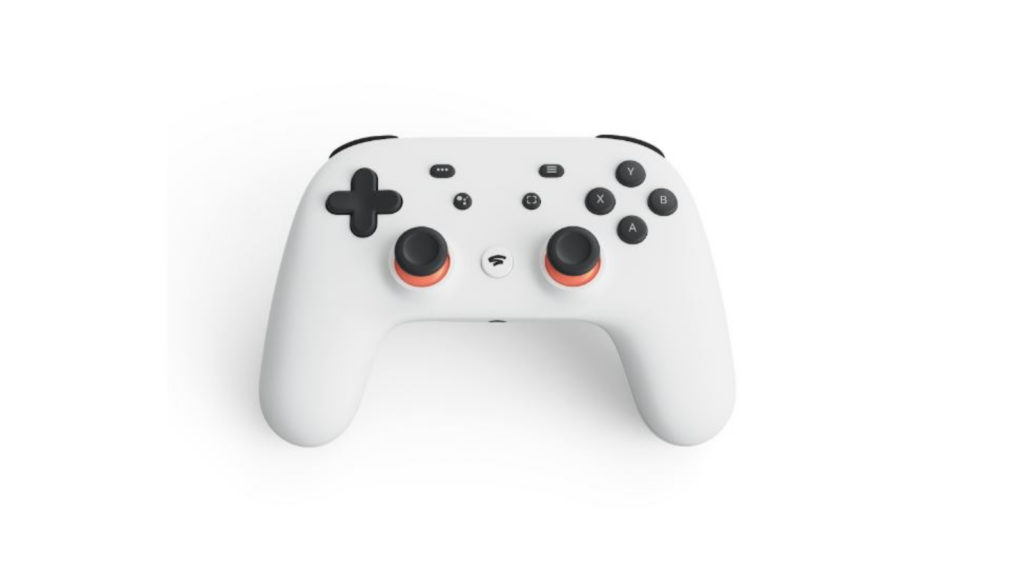With powerful hardware working together with an industry-leading camera system and intuitive AI experiences, everyday tasks have never been easier and faster
Google Stadia is the company’s new multi-device, cloud-based gaming service

Google on Tuesday officially revealed Stadia, its cloud-based gaming service, at this year’s Game Developers Conference in San Francisco.
“Stadia is a new video game platform, delivering instant access to your favorite games on any type of screen — whether it’s a TV, laptop, desktop, tablet or mobile phone,” the company explained on its blog.
This means that we could soon game without consoles, and instead access a gaming cloud from anywhere.
“No downloads, no updates, no patches and no installs,” it added.
Google Stadia wants to provide everyone a 4K HDR gaming experience at 60 frames per second, provided they have access to some sort of screen and internet connection.
Google demonstrated this during their presentation, using Assassin’s Creed Odyssey as an example, switching from device to device seamlessly.
The game was also part of the company’s Project Stream, which gave a select number of gamers the first taste of Stadia last year.
“And developers will have access to nearly unlimited resources to create the games they’ve always dreamed of,” Google further noted.
Stadia also focuses on gaming audiences, and will allow YouTube gamers to directly stream to the platform.
Viewers will have an option to immediately access the game through YouTube, in this regard.
Google has also designed its own controller for Stadia that automatically connects to the platform using WiFi, and through this method, it can connect to any device accessing Stadia.
“The controller also includes a button for instant capture, saving and sharing gameplay in up to 4K of stunning resolution. And it comes equipped with a Google Assistant button and built-in microphone,” Google revealed.
The company intends to launch Stadia in late 2019. It will first roll out to the UK, US, Europe and Canada, but there’s no word on when it’ll be available in South Africa, if ever.
Feature image: Google


